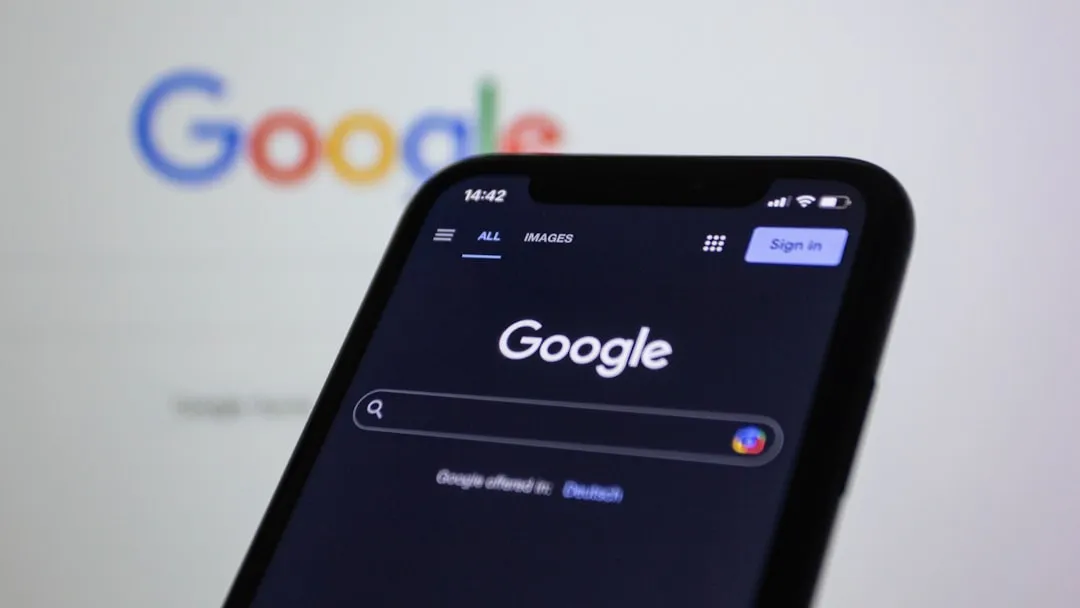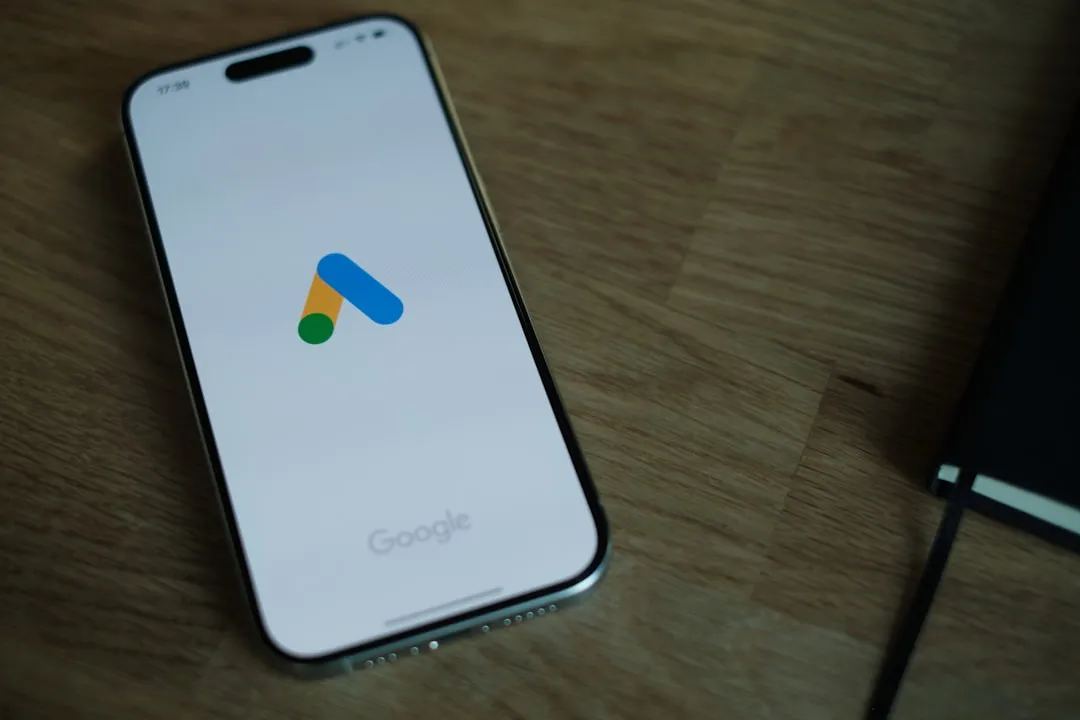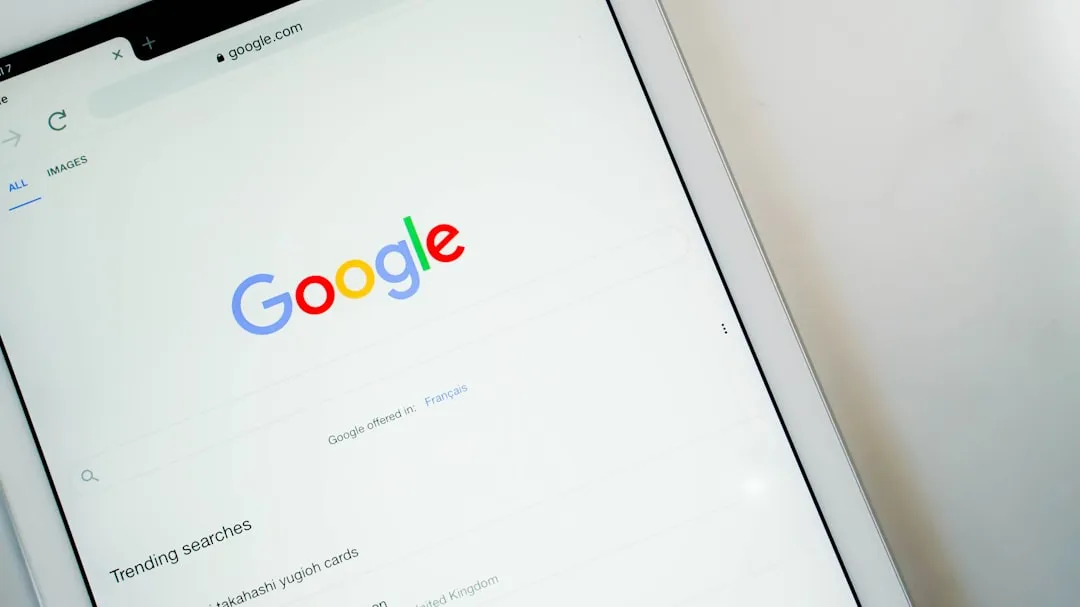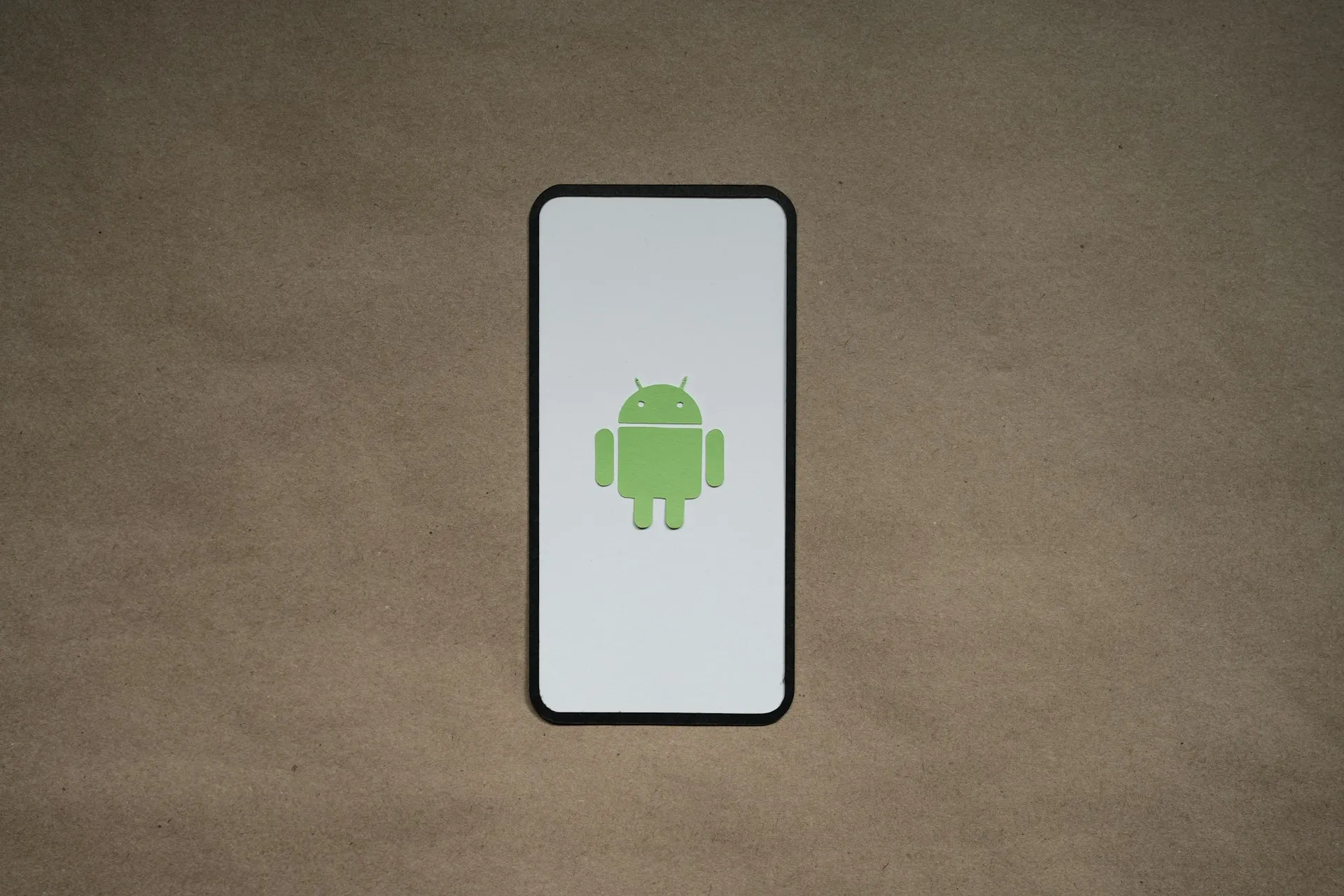Reviewed by Corey Noles
You download a handy shopping app directly from your favorite retailer's website, hit install, and… nothing. Instead of launching, you're greeted with an unskippable dialog demanding you "Get this app from Play." Welcome to Google's new reality for Android users, where the company will block sideloading of unverified apps starting next year.
This isn't just another security update—it's a fundamental rewiring of Android's DNA. The operating system that once prided itself on user choice now forces a binary decision: accept Google's walled garden, or lose access to the apps that power your daily routine. What makes this shift particularly jarring is the speed of implementation—major apps like Stripe, Uber, TikTok, and ChatGPT already block sideloaded versions, transforming millions of devices overnight into something closer to iOS than the open Android we knew.
The security justification is ironclad: Google's data shows over 50 times more malware comes from sideloaded sources than the Play Store, with over 95% of malicious Android apps originating from sideloading. But this statistical foundation masks a deeper question about what happens when security imperatives collide with the philosophical principles that made Android compelling to millions of power users, developers, and privacy-conscious consumers.
The Play Integrity API becomes Android's new sheriff
Here's what's happening under the hood: Google's Play Integrity API now functions as Android's gatekeeper, performing sophisticated checks that would make airport security jealous. It verifies app binary authenticity, confirms installation through Google Play, and ensures the device runs genuine Android. When these checks fail, developers can deploy an unskippable "Install from Play" dialog that effectively ends the conversation.
What's particularly clever—or devious, depending on your perspective—is how this system transforms user behavior without explicit restriction. You're not technically forbidden from sideloading; Google simply ensures that the apps you actually want to use won't function unless you download them through official channels. It's soft coercion that achieves hard control.
The implementation reveals Google's understanding of mobile app ecosystems: rather than fighting users directly, control the apps they depend on. When ChatGPT blocks sideloaded versions, users don't debate the philosophy of app distribution—they simply reinstall from the Play Store. This approach leverages network effects: each major app that adopts Play Integrity API restrictions makes sideloading less viable for everyone, creating a cascading effect that doesn't require universal adoption to achieve near-universal control.
Android 15 tightens the screws with surgical precision
Android 15 takes a different but complementary approach—instead of blocking apps entirely, it surgically removes their most dangerous capabilities. Sideloaded apps can no longer easily access SMS permissions, accessibility services, notification listeners, device admin privileges, or draw over other apps. These aren't random restrictions; they're precisely targeted at the attack vectors that make mobile malware profitable.
This surgical approach reveals Google's deeper strategy: preserve the appearance of openness while eliminating the practical advantages that made sideloading attractive to malicious actors. The restrictions don't apply to compliant third-party stores, showing Google's attempt to thread the needle between EU Digital Markets Act requirements and security imperatives.
The technical implementation is particularly sophisticated. Android 15 can distinguish between apps installed via legitimate third-party stores (which use proper session-based installation APIs) and those installed directly from APK files. This granularity allows Google to maintain the appearance of supporting alternative app distribution while making direct sideloading increasingly hobbled.
For power users, this creates a new category of "permission orphans"—legitimate apps that require sensitive permissions but can't obtain them through normal installation methods. Accessibility tools, automation apps, and backup utilities face particular challenges, forcing users to navigate complex override procedures that most will abandon rather than complete.
The malware arms race reaches a tipping point
The threat landscape that drove these restrictions is genuinely terrifying. Research into banking malware reveals that only 15.1% of financial apps had login screens resistant to accessibility-based attacks, while a mere 3.5% were resistant to screen spying. With new Android malware appearing every 12 seconds, the scale of the problem dwarfs traditional desktop security challenges.
The Play Integrity API's effectiveness is undeniable: apps using these features see an 80% drop in unauthorized usage, while Play Protect blocked 36 million dangerous installations in 2023 alone. These aren't theoretical protections—they represent millions of real-world attack attempts that were successfully thwarted.
But the security landscape isn't static. Underground actors have already adapted with sophisticated tools like "SecuriDropper" malware that bypasses Android 13's restrictions through session-based installation methods. Services like "Zombinder" now specifically target Android's evolving defenses, proving that determined attackers will always find workarounds.
This creates a concerning dynamic: Google's restrictions primarily impact legitimate users and developers who operate within normal channels, while sophisticated bad actors continue to find technical workarounds. The restrictions may be winning the war against unsophisticated malware while potentially missing the most dangerous threats that invest in circumvention technology.
What this means for developers and power users who built their workflows around Android's openness
Starting in May 2025, Google will push all developers to new, stricter Play Integrity verdicts that require apps to be installed or updated by Google Play to pass integrity checks. Additionally, devices need security updates from within the last 12 months to receive strong integrity ratings—creating a compound barrier that affects both app distribution and device longevity.
For the Android development ecosystem, this represents a fundamental shift in economics and philosophy. FOSS projects face particular challenges, as Google's ever-increasing API requirements don't just break applications—they make them disappear entirely when volunteer developers can't keep pace with corporate update cycles. Each API level increase effectively culls older apps from visibility, creating a digital preservation crisis for the open-source software that once flourished on Android.
The impact extends beyond individual apps to entire categories of software. Automation tools that Android power users rely on for custom workflows, accessibility applications that serve specialized needs, and privacy-focused alternatives to mainstream apps all face existential challenges under the new restrictions. These applications often require precisely the sensitive permissions that Android 15 restricts, forcing their users into an uncomfortable choice between functionality and security compliance.
PRO TIP: If you regularly sideload apps, audit your current setup now. Identify which apps have Play Store alternatives and which are irreplaceable. For apps you can't replace, research whether they qualify for the restricted settings override process—and decide if navigating those barriers is worth the functionality you'll retain.
The broader ecosystem effects ripple outward: independent developers who can't afford Play Store compliance costs may simply exit the Android market, while users who depend on specialized tools may find themselves forced toward more locked-down platforms or older devices that don't enforce new restrictions.
The choice between security and freedom—and why there might not actually be one
Google faces genuine pressure from EU regulations requiring external app store support while maintaining security standards that protect the 95% of users who never sideload anything. This isn't a simple case of corporate overreach—it's a complex balancing act between regulatory compliance, security necessity, and platform philosophy that has no clean solutions.
The data creates a compelling case for Google's approach: the security benefits are measurable and significant, protecting millions of users from real threats. But the philosophical costs are equally real—Android's transformation from an open platform to a managed ecosystem represents the end of an era in mobile computing.
What makes this transition particularly poignant is that it may have been inevitable. As mobile devices became primary computing platforms handling banking, healthcare, and personal data, the security requirements naturally evolved beyond what an open sideloading model could safely provide. The question isn't whether these restrictions were necessary, but whether Android could have found a middle path that preserved openness while addressing legitimate security concerns.
The brutal truth that emerges from examining both the technical implementation and regulatory pressures is that Google's restrictions solve the immediate malware problem while creating a new set of challenges around platform concentration and user agency. The company has chosen security over freedom not out of malice, but because the alternative—remaining open while mobile malware evolved into a billion-dollar criminal industry—became untenable.
For Android users, this represents a fundamental shift in the platform's value proposition. The operating system that once offered maximum flexibility now emphasizes maximum protection, joining iOS in prioritizing security over customization. Whether this trade-off represents progress or decline depends entirely on whether you were among the minority who actually used the freedoms being restricted—and whether you believe the security benefits justify their loss.
The question isn't whether these changes will make Android more secure—they will. The question is whether Android's transformation into a more managed platform represents the maturation of mobile computing or the loss of something valuable that can't be recovered. Google's made its choice, and starting next year, it's making yours too.























Comments
Be the first, drop a comment!